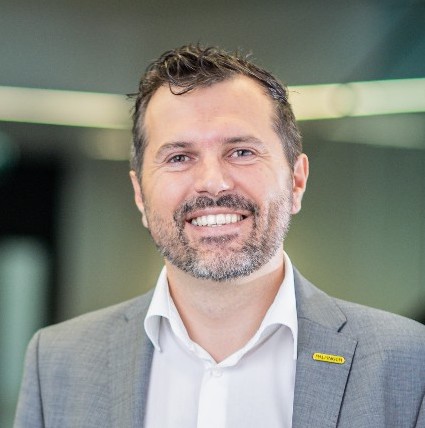In practical application, the differences between the two concepts, VUCA and BANI, become apparent. While VUCA focuses on the volatile, uncertain, complex and ambiguous aspects of our modern world, BANI aims to address fragility, anxiety, non-linearity and inconsistency. In business practice, this means that a company that focuses on VUCA aim for rapid adaptation, agile processes and flexible planning methods. Instead of creating long-term project plans and relying on individual forecasts, teams should be able to react quickly to new information and requirements. Agile methods such as Scrum or Kanban make it possible to tackle projects in short iterations and adapt them flexibly.
On the other hand, BANI requires companies to rethink their risk tolerance, focus on the emotional needs of employees and strengthen their ability to solve problems non-linearly. Companies that adopt the BANI model meet modern challenges with resilient structures, mindfulness, adaptability & transparency.























